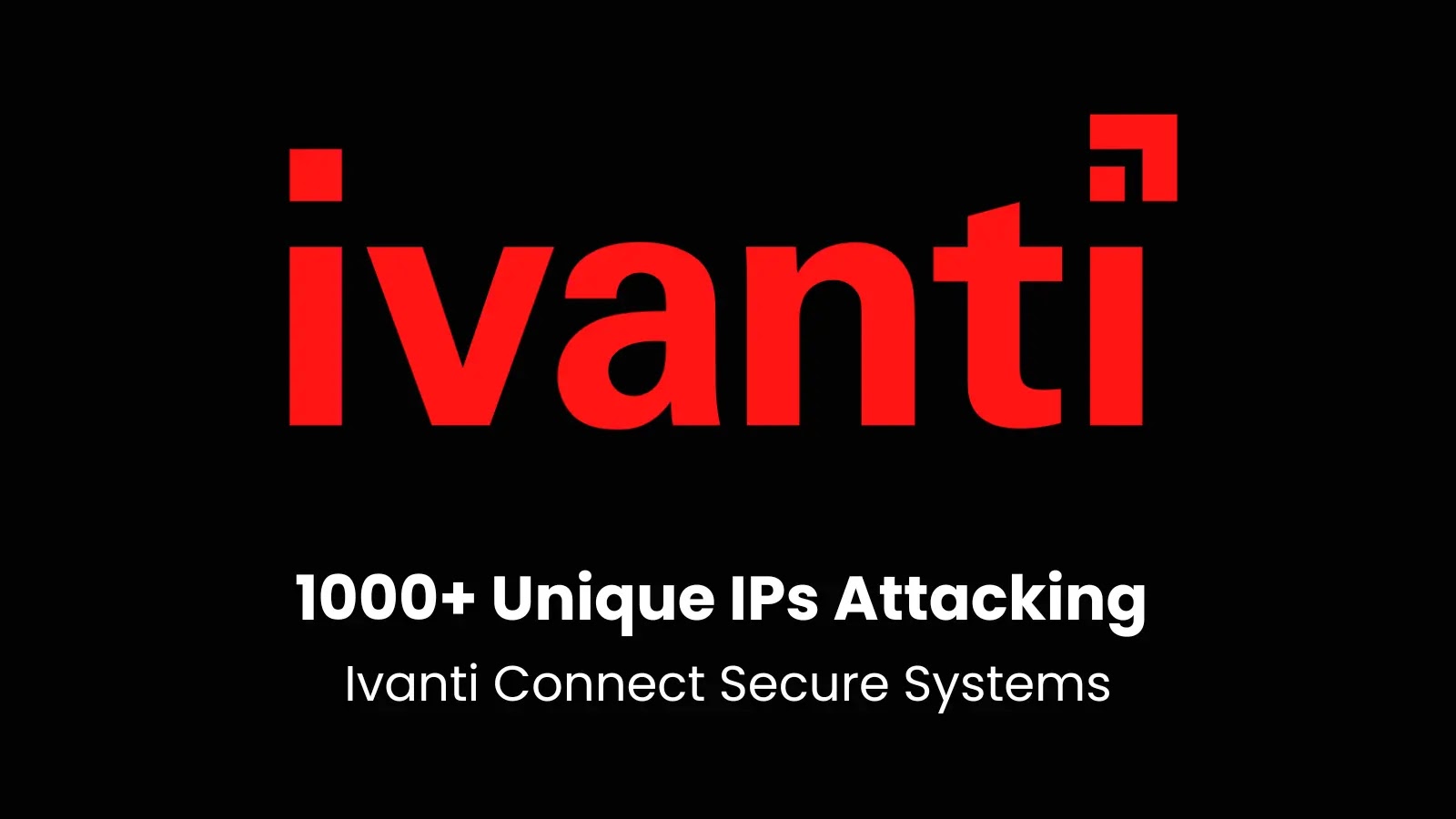Studio Ghibli and Japanese Publishers Demand OpenAI Cease Unauthorized Use of Their Content
In a significant move highlighting the growing tension between creative industries and artificial intelligence (AI) developers, Japan’s Content Overseas Distribution Association (CODA) has formally requested that OpenAI halt the use of its members’ copyrighted materials for AI training without explicit permission. This coalition includes esteemed entities such as Studio Ghibli, renowned for iconic films like Spirited Away and My Neighbor Totoro.
The crux of CODA’s grievance lies in OpenAI’s generative AI tools, notably ChatGPT’s image generator and the Sora video generator. These platforms have enabled users to produce content mirroring the distinctive styles of Studio Ghibli and other Japanese publishers, raising serious concerns about intellectual property rights and the ethical boundaries of AI training methodologies.
The Rise of AI-Generated Content and Copyright Concerns
The advent of AI-driven content creation tools has revolutionized the digital landscape, offering users unprecedented capabilities to generate images, videos, and text. However, this innovation has also sparked debates over copyright infringement, particularly when AI models are trained on existing copyrighted works without the creators’ consent.
Studio Ghibli’s unique animation style has been a frequent target for AI-generated content. Following the release of ChatGPT’s image generator in March 2025, a trend emerged where users transformed personal photos into Ghibli-style images. Even OpenAI’s CEO, Sam Altman, participated by updating his profile picture to a Ghibli-inspired rendition. This widespread replication of Studio Ghibli’s aesthetic has intensified concerns about the unauthorized use of copyrighted material.
CODA’s Stance and Legal Implications
CODA’s letter to OpenAI underscores the organization’s position that using copyrighted works for machine learning without prior authorization constitutes a violation of Japan’s copyright laws. The association emphasizes that Japan’s legal framework requires explicit permission for such uses, and there is no provision that allows entities to circumvent liability through subsequent objections.
The letter states:
In cases, as with Sora 2, where specific copyrighted works are reproduced or similarly generated as outputs, CODA considers that the act of replication during the machine learning process may constitute copyright infringement.
This assertion highlights the potential legal challenges AI developers may face when utilizing copyrighted content without consent.
OpenAI’s Approach and Industry Reactions
OpenAI has historically adopted a strategy of utilizing publicly available data for training its AI models, often without seeking explicit permission from content creators. This approach has led to various controversies, including complaints from major entities like Nintendo and the estate of Dr. Martin Luther King Jr., who have raised concerns about the potential for their works to be misused or misrepresented through AI-generated content.
The legal landscape surrounding AI training data remains ambiguous, particularly in the United States, where copyright laws have not been significantly updated since 1976. A recent ruling by U.S. federal judge William Alsup found that AI company Anthropic did not violate the law by training its models on copyrighted books. However, the company was fined for pirating the books used in training, indicating that while the act of training may not be deemed illegal, the methods of data acquisition are subject to legal scrutiny.
The Broader Implications for AI and Copyright
The dispute between CODA and OpenAI is emblematic of a broader global conversation about the intersection of AI development and intellectual property rights. As AI technologies become more sophisticated and pervasive, the need for clear guidelines and legal frameworks to govern the use of copyrighted materials in AI training becomes increasingly urgent.
Creators and publishers are advocating for more control over how their works are used, emphasizing the importance of consent and compensation. Conversely, AI developers argue that access to diverse datasets is crucial for creating robust and unbiased models. This tension underscores the necessity for a balanced approach that respects the rights of content creators while fostering innovation in AI.
Looking Ahead: Potential Resolutions and Industry Standards
To address these challenges, several potential solutions are being considered:
1. Opt-In Mechanisms: Platforms like YouTube have introduced features allowing creators to opt in to third-party AI training, providing a model for how content creators can maintain control over their works.
2. Licensing Agreements: Establishing clear licensing agreements between AI developers and content creators could ensure that creators are compensated for the use of their works in AI training datasets.
3. Legal Reforms: Updating copyright laws to address the unique challenges posed by AI technologies could provide clearer guidelines and protections for both creators and developers.
4. Industry Standards: Developing industry-wide standards and best practices for the ethical use of copyrighted materials in AI training could help mitigate conflicts and promote responsible AI development.
Conclusion
The call from Studio Ghibli and other Japanese publishers for OpenAI to cease using their content without permission highlights a critical issue at the intersection of technology and intellectual property. As AI continues to evolve, it is imperative for all stakeholders to engage in constructive dialogue to develop frameworks that respect the rights of content creators while enabling technological advancement. The resolution of this dispute could set a precedent for how similar conflicts are addressed in the future, shaping the relationship between AI developers and the creative industries.



